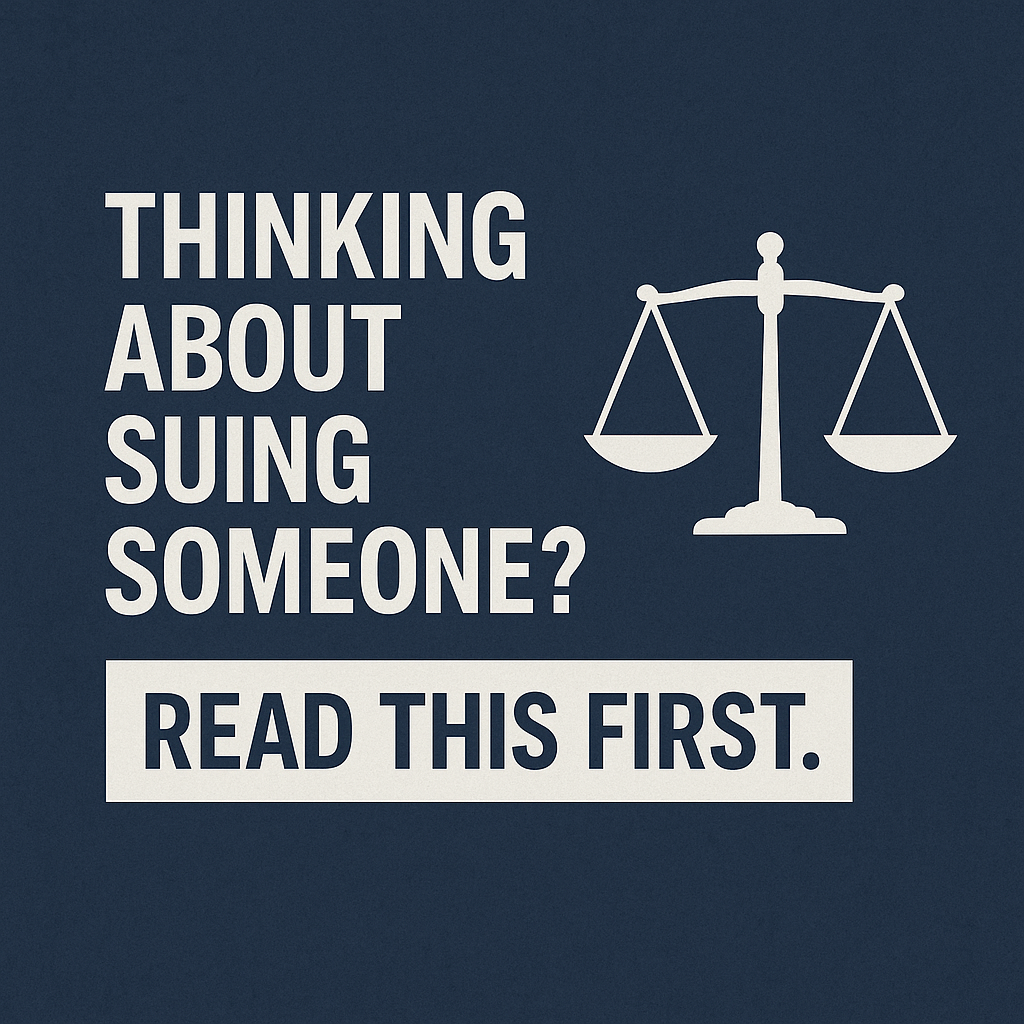
How to Decide If You Should Sue Someone – A Texas Litigation Lawyer’s Guide
If you’re wondering how to sue someone or whether you have a legal case, you’re not alone. At David C. Barsalou, Attorney at Law, PLLC, we help clients in Texas and New York evaluate whether a lawsuit is worth pursuing. As an experienced lawsuit attorney and civil litigation lawyer, I’ve seen how the right analysis before filing can save time, money, and stress—and lead to better results.
Here’s how to properly assess your situation before you take legal action.
1. Identify the Legal Basis for Your Claim
The first step in deciding whether to sue is to determine if your case fits a recognized legal claim. Common grounds for lawsuits include:
- Breach of contract
- Fraud or misrepresentation
- Negligence
- Property damage
- Violation of state or federal laws
Ask yourself: What legal duty did the other party owe me, and how did they fail to meet it? If you’re unsure, a civil litigation attorney can help clarify your legal rights.
2. Gather and Preserve Evidence
Strong lawsuits are built on solid evidence. Collect and protect:
- Written contracts and agreements
- Emails, text messages, or letters
- Photos, videos, or recordings
- Witness statements
- Financial records
An organized evidence file helps your litigation lawyerevaluate the strength of your claim and anticipate the other side’s defenses.
3. Calculate Your Damages
In most cases, a court will only award money for measurable harm. This can include:
- Financial losses
- Physical injuries
- Emotional distress (in certain cases)
- Costs to repair or replace damaged property
Even a strong liability case may not be worth pursuing if the damages are small compared to the cost of litigation.
4. Consider Practical Factors
Before filing a lawsuit, think about:
- Likelihood of recovery – Can the defendant afford to pay if you win?
- Statute of limitations – Are you within the legal time limit to file?
- Possible defenses – Could the other party have a strong counterargument?
- Personal and business impact – Will this case create unwanted publicity or strain important relationships?
5. Explore Alternatives to Lawsuits
Sometimes negotiation, mediation, or arbitrationcan achieve a favorable outcome faster and at lower cost. A seasoned litigation attorney will discuss these options before recommending you sue.
6. Get a Professional Legal Assessment
An experienced Texas litigation law firm can:
- Evaluate the strengths and weaknesses of your case
- Estimate your likelihood of success
- Recommend the best legal strategy for your goals
Bottom Line:
Deciding to file a lawsuit is a serious step. By working with a knowledgeable lawsuit attorney who understands both Texas and New York law, you can ensure your decision is based on facts, evidence, and strategy—not just emotion.
At David C. Barsalou, Attorney at Law, PLLC, we help clients navigate business, family, tax, estate planning, and real estate matters ranging from document drafting to litigation with clarity and confidence. If you’d like guidance on your situation, schedule a consultation today. Call us at (713) 397-4678, email barsalou.law@gmail.com, or reach us through our Contact Page. We’re here to help you take the next step.